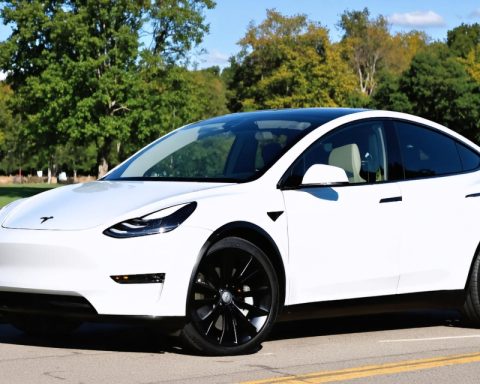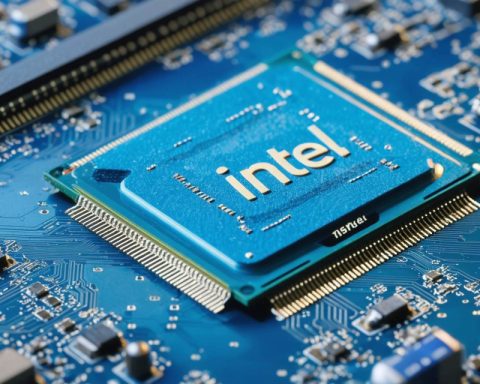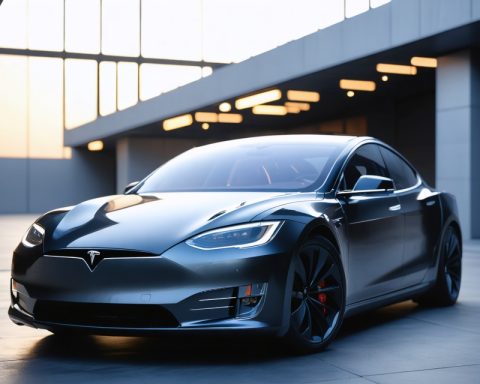The CEO of SpaceX, Elon Musk, has been reportedly barred from accessing certain facilities where sensitive projects are in progress due to his past drug use. Reports indicate that Musk lacks the necessary higher security clearance, which prevents him from entering areas involved in classified work.
Musk currently holds a “top secret” clearance; however, this level restricts him from engaging with confidential details of critical programs, such as the Starshield satellite initiative aimed at enhancing national security for the United States. Insiders have disclosed that SpaceX executives are cautious about applying for additional security clearance for Musk, as such a move could raise probing questions relating to his history of drug use, including marijuana and ketamine.
Federal regulations complicate matters, as Musk’s public acknowledgment of using substances like marijuana and ketamine could jeopardize his existing clearance status. This includes a notable incident in 2018 when he infamously smoked marijuana during a podcast.
Despite this, discussions surrounding Musk and his potential influence continue, particularly following recent announcements about new government programs. In an intriguing turn, Donald Trump mentioned plans to appoint Musk to a program aimed at enhancing governmental efficiency. The future remains uncertain for Musk’s role at SpaceX as he navigates these complexities while striving to maintain his leadership position.
Musk’s Security Clearance: Implications for SpaceX’s Future Projects
The recent news regarding Elon Musk’s security clearance has raised questions about the potential impact on SpaceX and its operations. As the aerospace industry continues to evolve alongside increasing government collaborations, understanding the nuances of security clearances is essential. Here we explore the implications, challenges, and considerations pertaining to Musk’s current status and its broader context within the industry.
Background on Security Clearances
In the United States, security clearances are classified into several categories, with “top secret” being among the highest. Individuals holding a top secret clearance can access sensitive information but are still subject to restrictions based on their personal history. Factors influencing clearance eligibility include criminal history and past drug use.
Elon Musk’s Clearance Situation
Despite holding a “top secret” clearance, Musk is reportedly barred from accessing certain sensitive facilities associated with programs like the Starshield satellite initiative, which aims to bolster national security. This limitation stems from concerns regarding his past drug use, raising questions about his ability to engage with classified information crucial for SpaceX’s future projects.
Implications for SpaceX Contracts
Musk’s limited access could lead to significant ramifications for SpaceX, especially as the company secures contracts involving U.S. government agencies. Contractual agreements often require personnel with high security clearances to have unimpeded access to sensitive data. If Musk’s inability to access certain facilities persists, it might affect SpaceX’s competitive edge and ability to fulfill demanding governmental contracts efficiently.
Pros and Cons of Musk’s Role
Pros:
– Innovation Leader: Musk’s leadership is synonymous with innovation, potentially driving the company towards groundbreaking advancements.
– Public Influence: His public persona can attract attention and funding for SpaceX’s initiatives.
Cons:
– Access Restrictions: Ongoing security clearance issues may limit his effectiveness as a leader.
– Regulatory Scrutiny: Increased scrutiny regarding his personal history can pose challenges for SpaceX in complying with governmental regulations.
Trends in Government Collaborations
The shifting landscape of government partnerships with private companies in aerospace and technology sectors underlines an expanding role for private entities in national security. The emphasis on maintaining a secure framework while fostering innovation will be crucial as new leaders, like Musk, engage with governmental projects.
Future Projections
As the situation develops, it’s critical to monitor how SpaceX adapts to any limitations imposed on Musk’s access to sensitive projects. The potential appointment of Musk to a governmental efficiency program, as mentioned by Donald Trump, could also transition his role from a purely corporate environment to one influenced by governmental expectations.
Conclusion
Elon Musk’s existing security clearance, shaped by past drug use and federal regulations, may indeed influence not only his personal career trajectory but also the operational capacity and future projects of SpaceX. As national security becomes increasingly interwoven with technological advancements, the implications of such clearances cannot be underestimated.
For more insights into SpaceX’s projects and developments in the aerospace sector, visit SpaceX.














